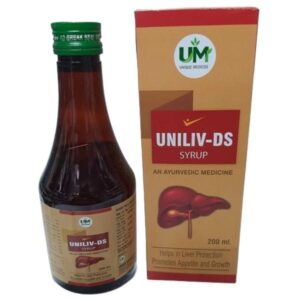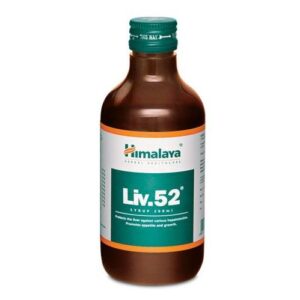HEPATOPROTECTIVE LIVER STIMULANTS
HEPATOPROTECTIVE LIVER STIMULANTS: Hepatoprotective liver stimulants are a class of drugs that are used to protect and stimulate the liver’s function. These drugs are commonly used in the treatment of liver diseases and conditions such as hepatitis, fatty liver disease, and cirrhosis.
The mechanism of action of hepatoprotective liver stimulants involves multiple pathways. They help in the regeneration of liver cells, enhance liver detoxification processes, and reduce inflammation in the liver. Some drugs in this class also have antioxidant properties, which help to protect liver cells from damage caused by free radicals.
The dose of hepatoprotective liver stimulants can vary depending on the specific drug and the patient’s condition. It is important to follow the prescribed dosage and instructions provided by the healthcare professional.
Common side effects of hepatoprotective liver stimulants are usually mild and include gastrointestinal symptoms such as nausea, vomiting, and diarrhea. In some cases, allergic reactions or hypersensitivity reactions may occur, which can present as rash, itching, swelling, or difficulty breathing. It is important to consult a healthcare professional if any side effects occur or if there are any concerns about the use of hepatoprotective liver stimulants.
It is worth noting that the effectiveness and safety of hepatoprotective liver stimulants may vary depending on the individual and the specific liver condition being treated. It is always recommended to consult with a healthcare professional before starting or changing any medication. They can provide personalized advice based on the patient’s medical history and other factors.


